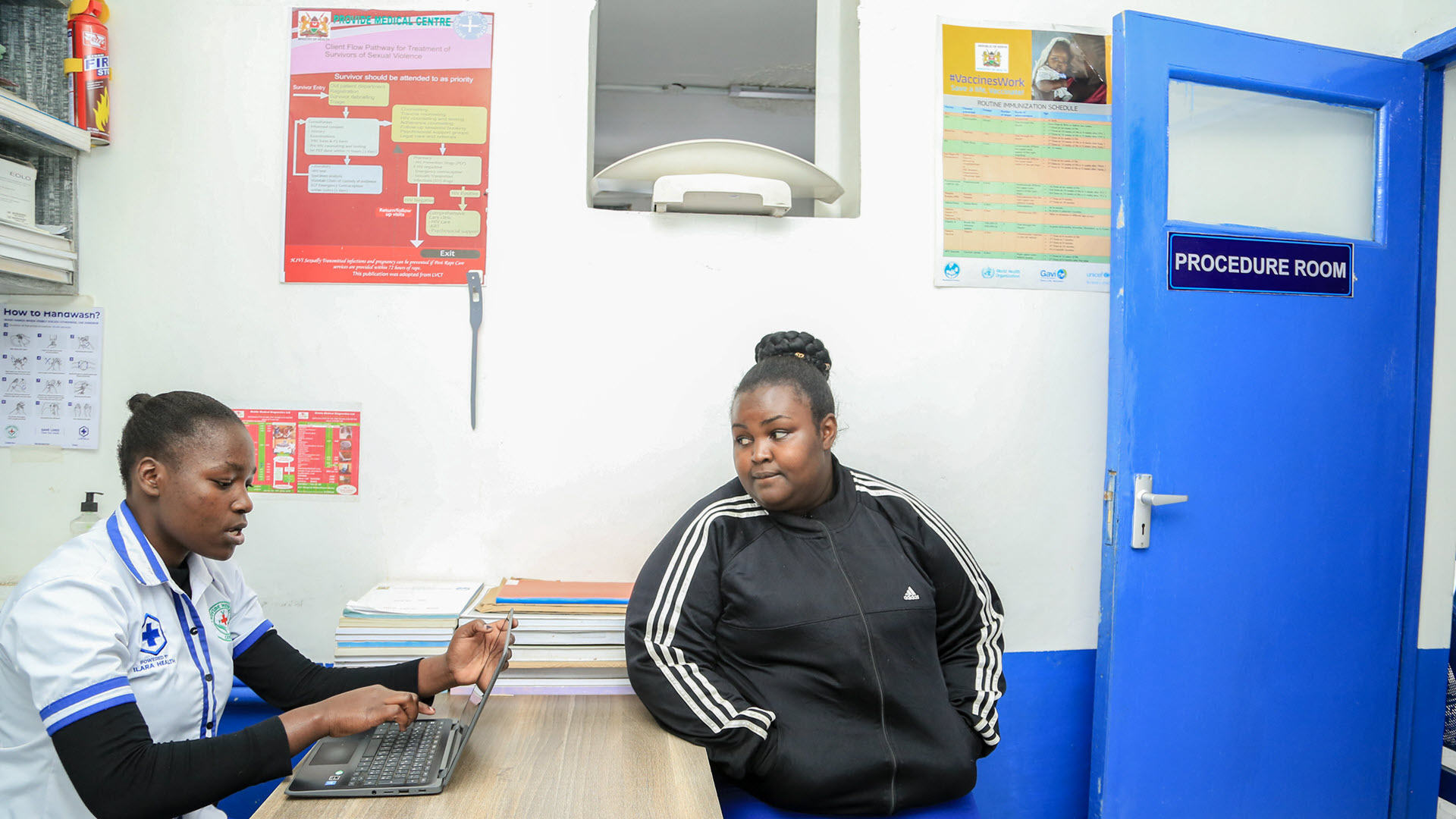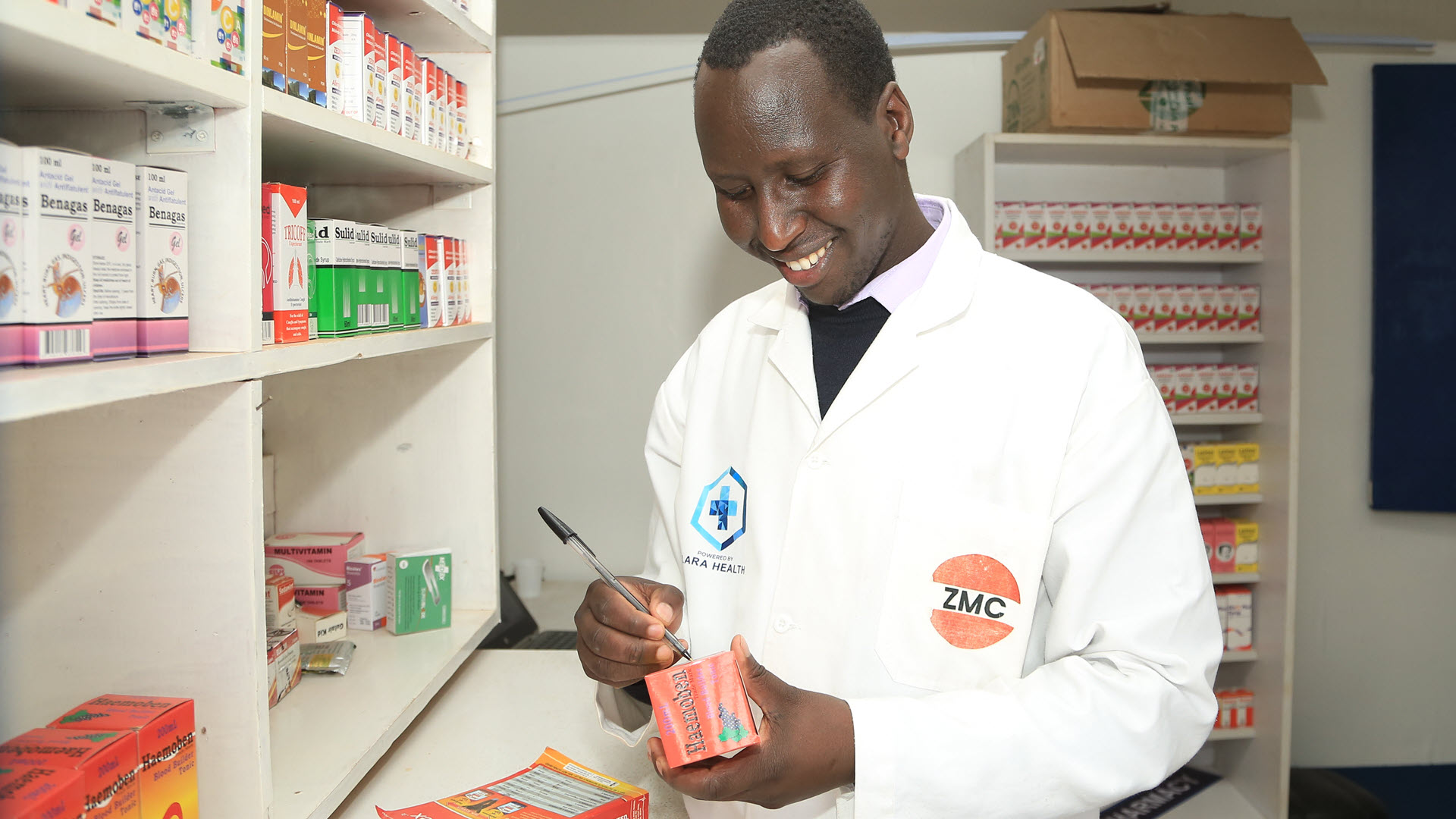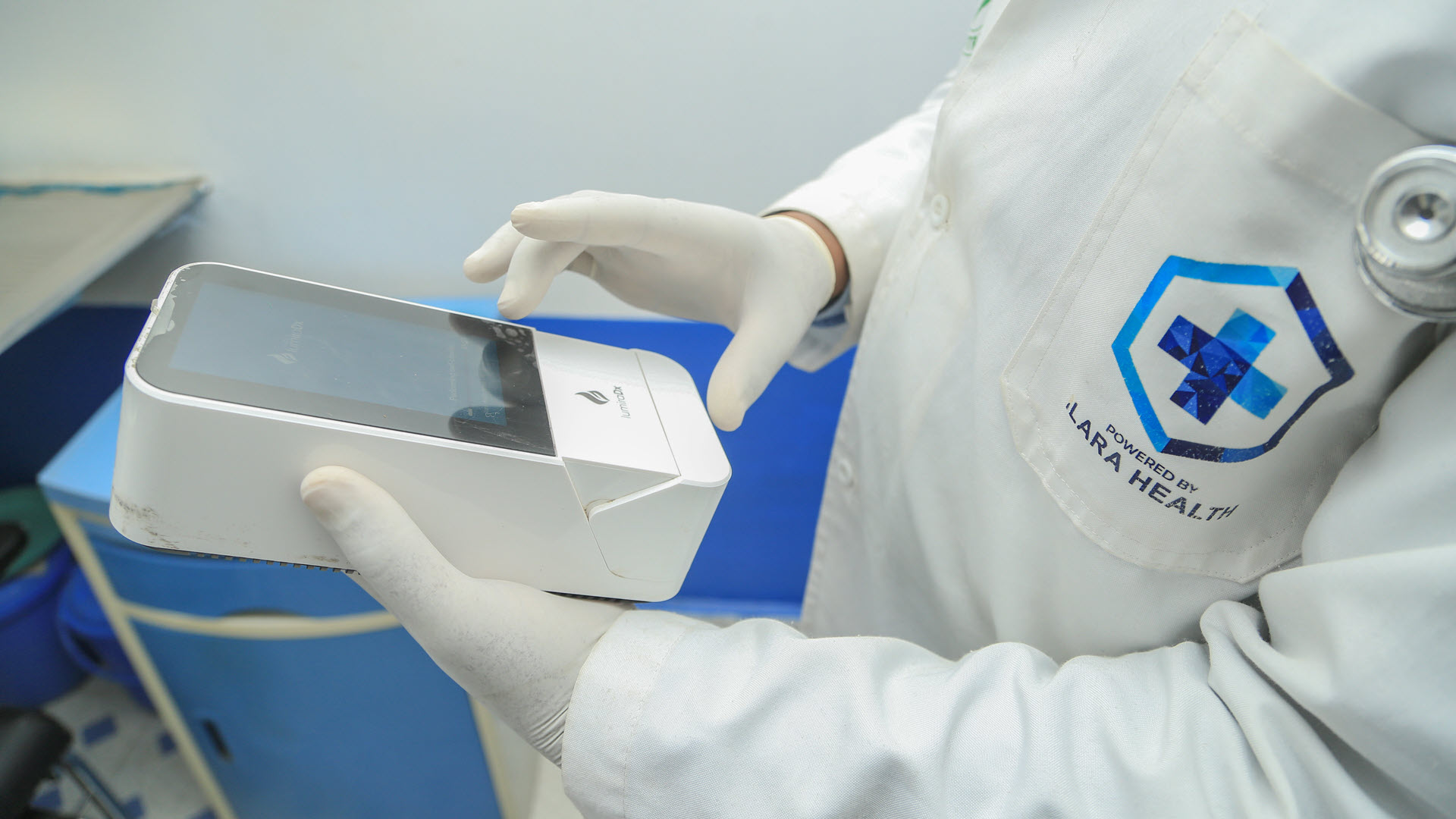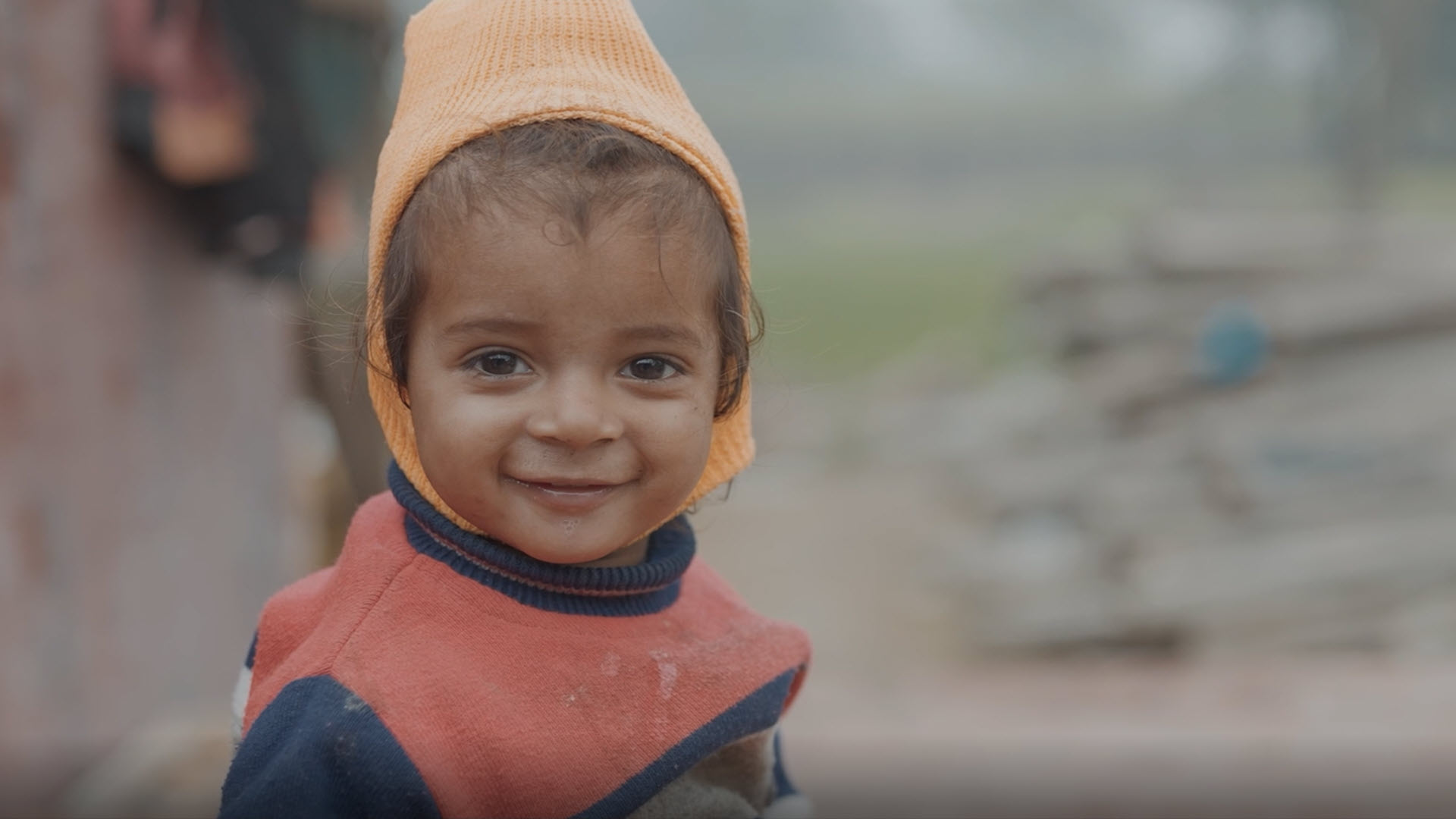In complimentary to Access Afya's comprehensive healthcare model – an investment of Philips Foundation and UBS Optimus Foundation, which encompasses both physical clinics and digital health services in Kenya – Ilara Health focuses on enhancing the diagnostic capabilities of primary care clinics.
This focus is crucial, especially given the digital gap in healthcare. A report by the World Health Organization (WHO) reveals that only 50% of healthcare facilities in sub-Saharan Africa have reliable electricity [1], let alone advanced diagnostic equipment or digital health record systems.
The primary healthcare landscape in Africa is particularly challenging when it comes to digitization. A report by the Commonwealth Fund sheds light on the disparities in technological access and adoption among primary care practices [2], especially in underserved communities. This lack of infrastructure greatly hampers improvements in quality of care and the effectiveness of diagnosing and treating conditions.
Ilara Health's initiative directly tackles this issue by offering both the technological tools and the financial support needed to bridge this gap, facilitating a significant step towards digitization in areas where it's most essential. “In the end, their approach closes the technological divide while improving the economic viability of vital healthcare providers,” Margot Cooijmans, Director of Philips Foundation Impact Investments says. “By offering affordable access to diagnostic tools, Ilara Health enables previously underserved communities to have access to these essential resources.”
This sets their operating model apart from other health technology initiatives and aligns with the broader goal of achieving universal health coverage in Africa. Ultimately, it ensures that primary care clinics can better serve their communities with increased efficiency.
Social entrepreneurs at heart
Ilara Health's ambition stretches beyond Kenya's borders, with plans to partner with thousands of clinics across Africa. Already, the organization boasts partnerships with over 3,000 clinics, serving more than five million patients annually [3]. Their expansive network is a testament to Ilara Health's effective model and its scalable impact on healthcare delivery across the continent.
Social entrepreneurs at heart, the team behind Ilara Health is motivated by more than just business success. Maximilian Mancini captures the essence of their journey: "As long as what we're building – that fluffy, hairy idea that is difficult to conceptualize on day one – generates positive change alongside some level of sustainable return, then you really hit the sweet spot."













